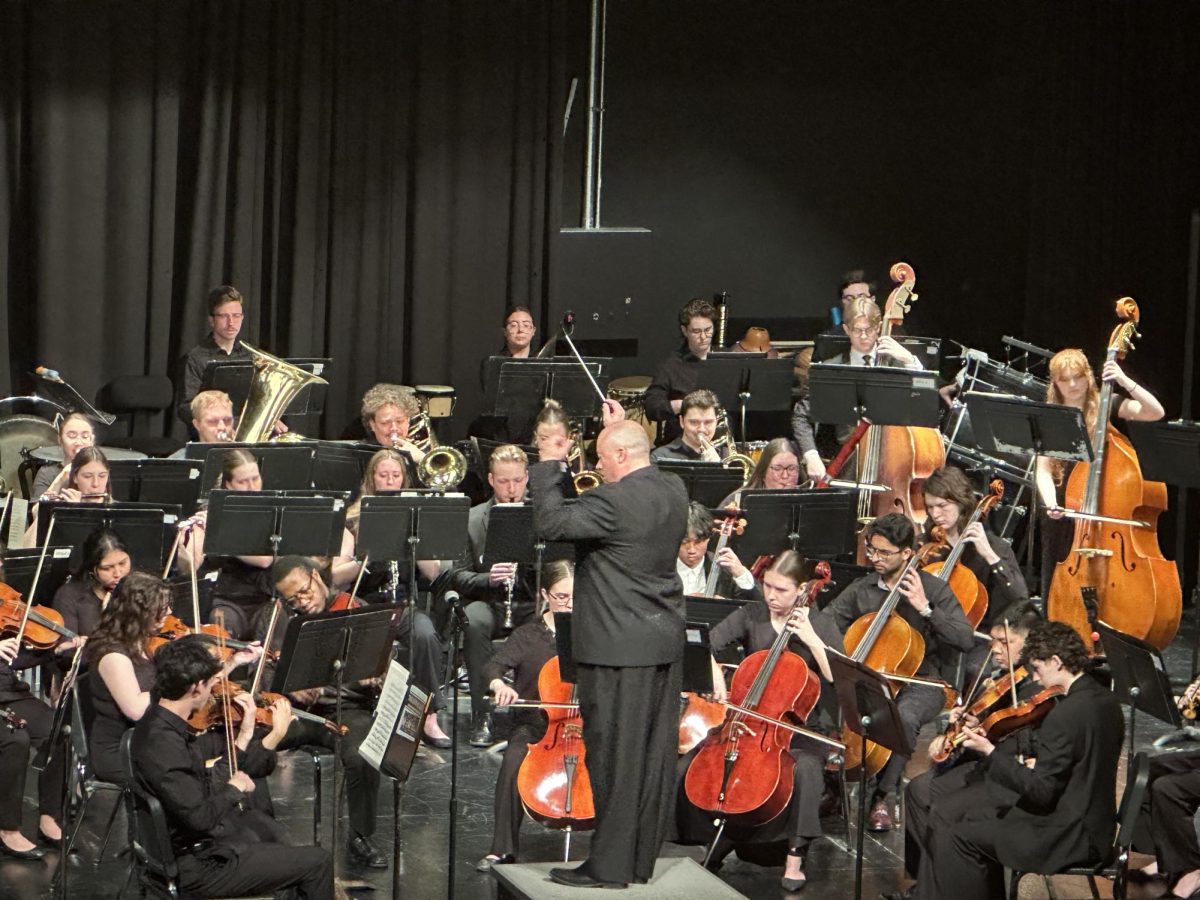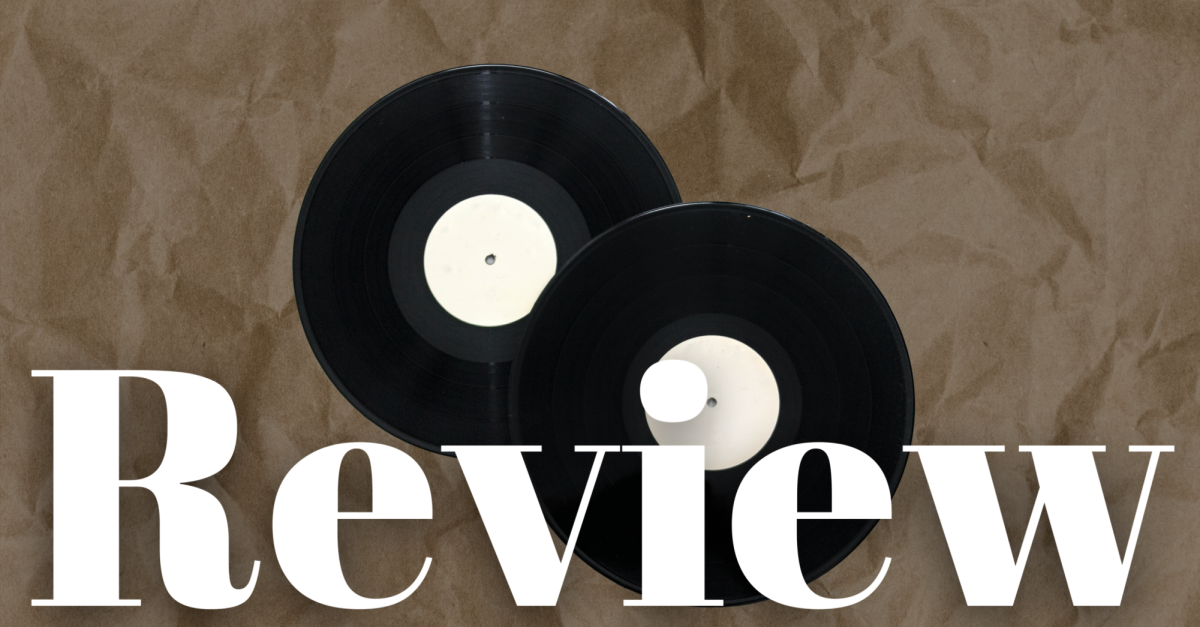
Almost three years after its debut, Mumford & Sons has a lot to live up to. “Sigh No More,” the first album by the London-based indie-folk band, found huge success both with critics and the general public. The album sold 2.4 million copies in the U.S., won several awards and was considered by many as one of the year’s best. It was impossible to not sing along with the catchy single “Little Lion Man” every time it came on the radio, and frankly, that was a lot of times.
With its distinctive folk-pop sound, Mumford & Sons and its banjo-infused music were a breath of fresh air in a sea of generic indie-rock radio hits and the electronic beats that infested the top 40. Many doubted whether the band would be able to continue the success of “Sigh No More” with its new album, “Babel.”
But with “Babel,” Mumford & Sons retains the formula that made “Sigh No More” a big hit and adds an intensity to its sound. “Babel” continues the folk-rock aesthetic and epic, emotional, story-telling lyrics to create a collection of twelve well crafted songs that will make listeners ache in the best way possible with every chord strung and every lyric sung.
It’s almost impossible to start listening to the album and stop at one track. The band creates songs that flow perfectly from track to track due to similar musical elements, but it avoids sounding repetitive or dull.
“Babel,” the album opener, sets the pace with the guitar plucking and banjo-picking that Mumford & Sons is known for. It’s all up-tempo, energetic folk music, and while the lyrics may dwell on serious topics such as lost loves and disappointment, the number never hits a depressing or low point.
Next, “Whispers in the Dark” is full of lyrics expressing doubts. They could be religious or personal, but the song ends with a life-affirming statement: “Let’s live while we are young.” “I Will Wait” is the story of a man who affirms to his lover that he will wait for her. It’s hard to imagine this song, much less any other on this album, sung by anyone other than lead singer Marcus Mumford. His voice is gritty, but he sounds like he feels every emotion and word in the songs.
The album slows down with “Ghosts That We Knew,” a haunting ballad about the ghosts and demons that burden us daily. “Lover of the Light,” the song that follows, starts off slow but eventually brings up the tempo. Like earlier in the album, “Lover of the Light” follows a darker moment with a light reminder to “love the one you hold.” The song’s lyrics say we must love the light, rather than the ghosts, that surround us.
The lyrics contain overt biblical and religious references, from the album’s name “Babel” to lyrics like “Spare my sins for the ark / I was too slow to depart / I’m a cad but I’m not a fraud / I set out to serve the Lord” from “Whispers in the Dark.” They serve a storytelling purpose, but the lyrical imagery evoked is never preachy or evangelistic.
The only downside to “Babel,” if there is one, is that it sounds familiar to “Sigh No More.” In the end, it was a wise decision for Mumford & Sons to stick to its sound. It’s hard to follow up a successful debut, but with “Babel,” the band has crafted a spectacular album that’s consistent from start to finish. I wouldn’t be surprised if “Babel” tops “best of” lists when the year comes to a close, just like “Sigh No More” did in 2009. When an album like this produces such amazing results, who said familiarity was a bad thing?






